A Guide to Cognitive Behavioral Therapy for Addiction in Costa Rica
-for-Addiction-in-Costa-Rica.png)
Cognitive Behavioral Therapy (CBT) is a highly effective and evidence-based approach for treating addiction, and its application in Costa Rica offers a promising path to recovery. This therapeutic model helps individuals identify and change destructive thought patterns and behaviors associated with addiction, equipping them with practical coping skills for a life of sobriety. Costa Rica has become a sought-after destination for addiction treatment, combining high-quality care with a serene and supportive environment, making CBT for addiction in Costa Rica a powerful choice for those seeking lasting change.
How Effective is CBT for Addiction?
"Cognitive Behavioral Therapy (CBT) is one of the most effective psychosocial treatments for substance use disorders, with studies showing that approximately 60% of individuals who complete CBT for addiction maintain their recovery for at least a year."
The effectiveness of CBT for addiction lies in its practical and goal-oriented approach. It operates on the principle that our thoughts, feelings, and behaviors are interconnected. By learning to identify and challenge negative or irrational thoughts, individuals can alter their behavioral responses to triggers and cravings. Research has consistently demonstrated the efficacy of CBT, not just in the short term, but in providing long-lasting skills that help prevent relapse.
CBT helps individuals in several key ways. It teaches them to recognize the situations where they are most likely to use substances and to develop strategies to avoid these triggers. Furthermore, it equips them with coping mechanisms to deal with a wide range of problems and emotional discomfort that might otherwise lead to substance use. This skill-building aspect of CBT is what makes it a cornerstone of many successful addiction recovery programs.
What is the Success Rate of CBT for Addiction?
"The success rate of CBT for addiction is significant, with research indicating that it can lead to a substantial reduction in substance use and a higher likelihood of sustained abstinence compared to no treatment. Many studies show that a majority of participants who engage in CBT experience positive outcomes."
While exact success rates can vary depending on the individual, the substance of abuse, and the presence of co-occurring mental health conditions, CBT consistently performs well in clinical studies. It is particularly effective in preventing relapse, which is a critical component of long-term recovery. The skills learned during CBT sessions empower individuals to become their own therapists over time, capable of navigating life's challenges without resorting to addictive behaviors.
It's important to understand that "success" in addiction treatment is not always linear. For many, it involves a significant reduction in substance use and an overall improvement in quality of life. CBT contributes to this by not only addressing the addiction itself but also by helping to alleviate related issues such as anxiety and depression, which are often intertwined with substance abuse.
How Does CBT Work for Addiction?
"CBT for addiction works by helping individuals to identify, challenge, and change their dysfunctional thoughts, beliefs, and behaviors related to substance use. It is a structured, goal-oriented therapy that teaches practical coping skills."
The process of CBT for addiction typically involves two main components: functional analysis and skills training. During functional analysis, the therapist and the individual work together to understand the specific thoughts, feelings, and circumstances that trigger substance use. This involves a detailed examination of the antecedents and consequences of their addictive behaviors.
Skills training is the next crucial step. Once the triggers and patterns are identified, the therapist teaches the individual a range of skills to manage them effectively. These can include:
- Cognitive Restructuring: Learning to recognize and dispute irrational or unhelpful thoughts.
- Coping Skills Development: Acquiring new ways to handle stress, cravings, and difficult emotions.
- Problem-Solving Skills: Developing a systematic approach to resolving life's challenges.
- Relapse Prevention Strategies: Creating a plan to manage high-risk situations and prevent a return to substance use.
What Are the Different CBT Techniques Used for Addiction?
"Common CBT techniques for addiction include cognitive restructuring, where negative thought patterns are challenged; behavioral experiments to test the validity of those thoughts; and skills training in areas like assertiveness, relaxation, and communication."
A CBT therapist will employ a variety of techniques tailored to the individual's specific needs. These techniques are designed to be practical and easily applicable in everyday life. Some of the most common include:
- Journaling: Keeping a record of thoughts, feelings, and behaviors to identify patterns and triggers.
- Role-Playing: Practicing new behaviors and communication styles in a safe and supportive environment.
- Relaxation Techniques: Learning deep breathing, meditation, and other methods to manage stress and anxiety.
- Contingency Management: Using a system of rewards to reinforce positive behaviors and abstinence.
What Types of Addictions Can Be Treated with CBT in Costa Rica?
"In Costa Rica, CBT is effectively used to treat a wide range of addictions, including alcoholism, drug addiction (to substances like cocaine, heroin, and prescription drugs), and behavioral addictions such as gambling and internet addiction."
The principles of CBT are highly adaptable, making it a versatile therapy for various addictive disorders. Treatment centers in Costa Rica that specialize in CBT for addiction are equipped to handle a spectrum of substance use disorders. They recognize that the underlying cognitive and behavioral patterns are often similar across different addictions, allowing them to apply the core principles of CBT to a diverse client population.
Furthermore, many individuals struggling with addiction also have co-occurring mental health conditions like depression, anxiety, or PTSD. CBT is also a leading treatment for these conditions, making it an ideal integrated approach for those with a dual diagnosis.
What is the Cost of CBT for Addiction in Costa Rica?
"The cost of CBT for addiction in Costa Rica is generally more affordable than in the United States or Europe, with residential treatment programs often ranging from $5,000 to $15,000 per month, depending on the facility and the level of care provided."
One of the significant advantages of seeking addiction treatment in Costa Rica is the cost-effectiveness. The lower cost does not mean a compromise on quality. Many treatment centers in Costa Rica are staffed by highly qualified, bilingual professionals and offer world-class facilities and evidence-based therapies like CBT. This combination of affordability and quality makes it an attractive option for many people seeking help for addiction.
It's important to contact individual treatment centers for specific pricing information, as costs can vary. Many centers offer different program lengths and levels of care to accommodate various needs and budgets.
How Can I Find a Qualified CBT Therapist in Costa Rica?
"You can find a qualified CBT therapist in Costa Rica by researching reputable addiction treatment centers, checking their credentials and accreditations, and looking for therapists with specific training and experience in CBT for addiction."
Many of the top addiction treatment centers in Costa Rica prominently feature their use of evidence-based therapies like CBT on their websites. When researching a facility, look for information about their clinical staff, their qualifications, and their therapeutic approach. Many centers have multidisciplinary teams that include licensed psychologists, therapists, and counselors with expertise in CBT for addiction.
Online directories of therapists and international therapy networks can also be a valuable resource. These platforms often provide detailed profiles of therapists, including their specializations, qualifications, and contact information.
What Should I Expect from a CBT Session for Addiction in Costa Rica?
"A typical CBT session for addiction in Costa Rica is a structured, collaborative meeting between you and your therapist, lasting about 50-60 minutes. The session will focus on setting goals, reviewing progress, learning new skills, and developing a plan for the week ahead."
Your first few CBT sessions will likely involve an assessment of your addiction history, your current challenges, and your goals for treatment. From there, each session will have a clear agenda. You will work with your therapist to identify and challenge negative thoughts, practice new coping skills, and troubleshoot any difficulties you are facing.
CBT is an active and participatory therapy. You will be expected to engage in the process both during and between sessions. This may involve "homework" assignments, such as practicing relaxation techniques, keeping a thought journal, or gradually facing situations that you have been avoiding.
What are the Benefits of Receiving Addiction Treatment in Costa Rica?
"The benefits of receiving addiction treatment in Costa Rica include access to high-quality, affordable care in a serene and beautiful environment, which can be highly conducive to healing and recovery. It also provides a sense of distance from the triggers and stressors of one's home environment."
Costa Rica's "Pura Vida" (pure life) culture, with its emphasis on well-being and connection to nature, provides a unique and supportive backdrop for addiction recovery. The tranquil environment can help to reduce stress and promote a sense of calm and focus. Being away from familiar triggers and negative influences can also provide a crucial "reset" for individuals seeking to make a lasting change.
Many treatment centers in Costa Rica also incorporate holistic therapies alongside CBT, such as yoga, mindfulness, adventure therapy, and nutritional counseling. This comprehensive approach addresses the whole person—mind, body, and spirit—to foster deep and lasting healing.
Are There Inpatient and Outpatient CBT Programs in Costa Rica?
"Yes, Costa Rica offers both inpatient (residential) and outpatient CBT programs for addiction. The choice between the two will depend on the severity of the addiction, the individual's support system, and their specific needs."
Inpatient or residential programs provide a highly structured and supportive environment where individuals can focus entirely on their recovery without the distractions and triggers of their daily lives. These programs are often recommended for those with more severe addictions or who have not been successful with outpatient treatment in the past.
Outpatient programs offer more flexibility, allowing individuals to attend therapy sessions while still living at home and maintaining their work or school commitments. This can be a good option for those with a strong support system and a less severe addiction.
How Long Does a CBT Program for Addiction Last in Costa Rica?
"The duration of a CBT program for addiction in Costa Rica can vary, with residential programs typically lasting from 30 to 90 days. The length of treatment is tailored to the individual's progress and specific needs."
While a 30-day program can provide a strong foundation for recovery, longer programs of 60 or 90 days allow for a more in-depth exploration of underlying issues and more time to practice and solidify new coping skills. The goal is to ensure that the individual feels confident and equipped to maintain their sobriety upon returning home.
Many treatment centers also offer aftercare planning and support to help individuals transition back into their daily lives and navigate the challenges of long-term recovery.
Does Insurance Cover CBT for Addiction in Costa Rica?
"While some international insurance plans may cover a portion of the cost of addiction treatment in Costa Rica, many treatment centers operate on a private pay basis. It is essential to check with both your insurance provider and the treatment center to understand your coverage options."
The affordability of treatment in Costa Rica often makes it a viable option even without insurance coverage. Many centers offer financing options or payment plans to help make treatment more accessible. Be sure to have a clear understanding of all costs involved before beginning a program.
Ready to explore your options for addiction treatment in Costa Rica? PlacidWay can help you connect with leading healthcare providers and find a program that's right for you. Explore our network of trusted clinics and take the first step towards a healthier, brighter future.


.png)


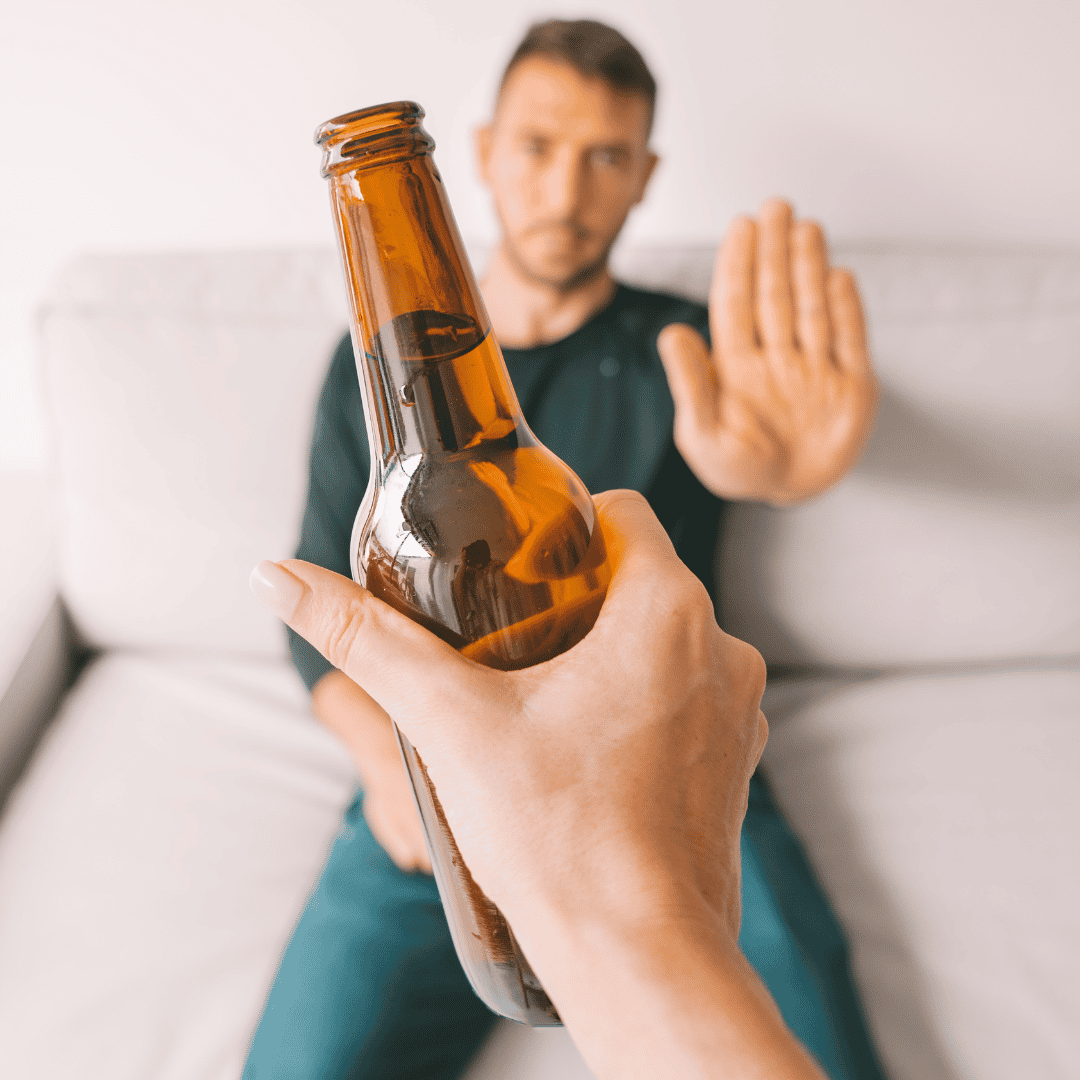


.png)


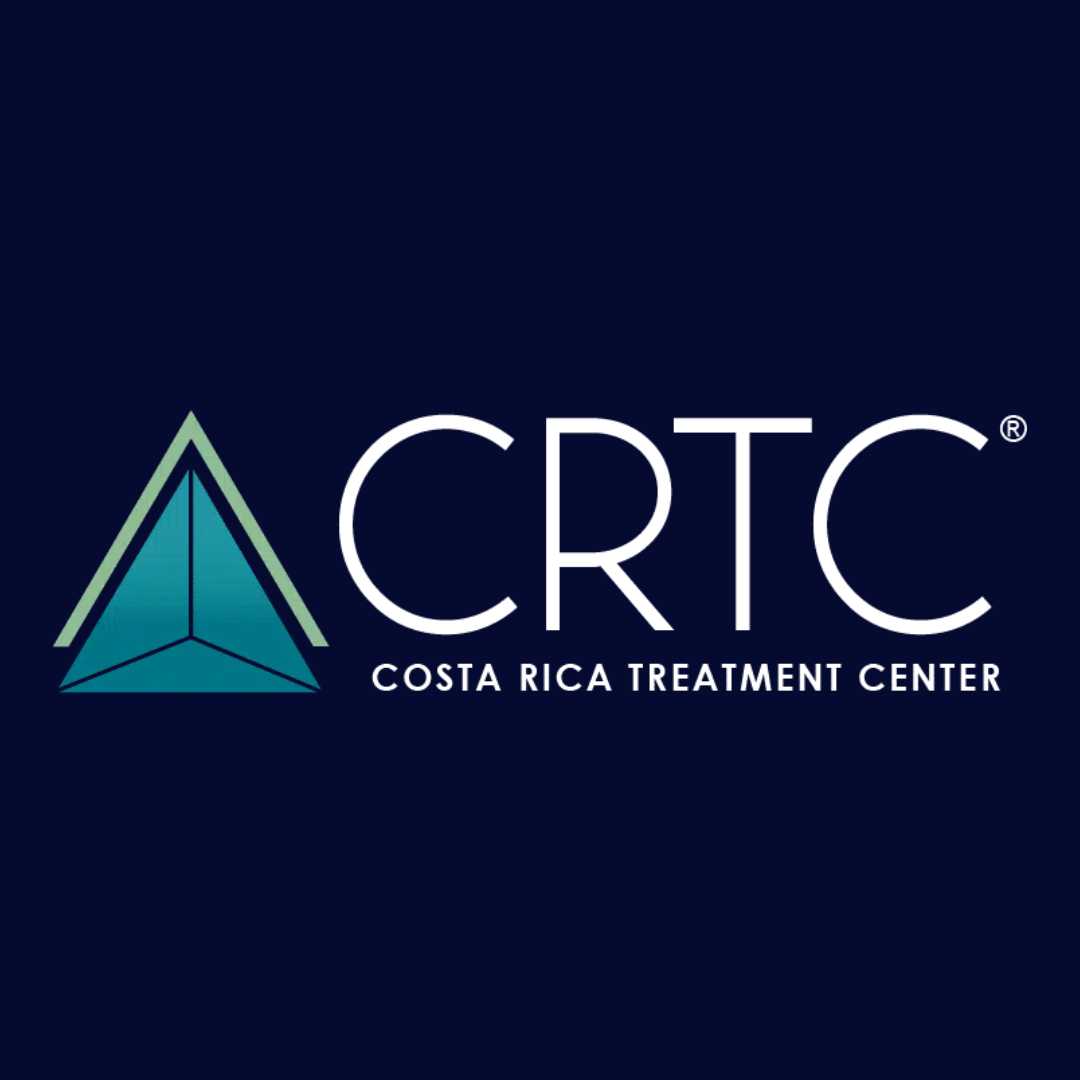
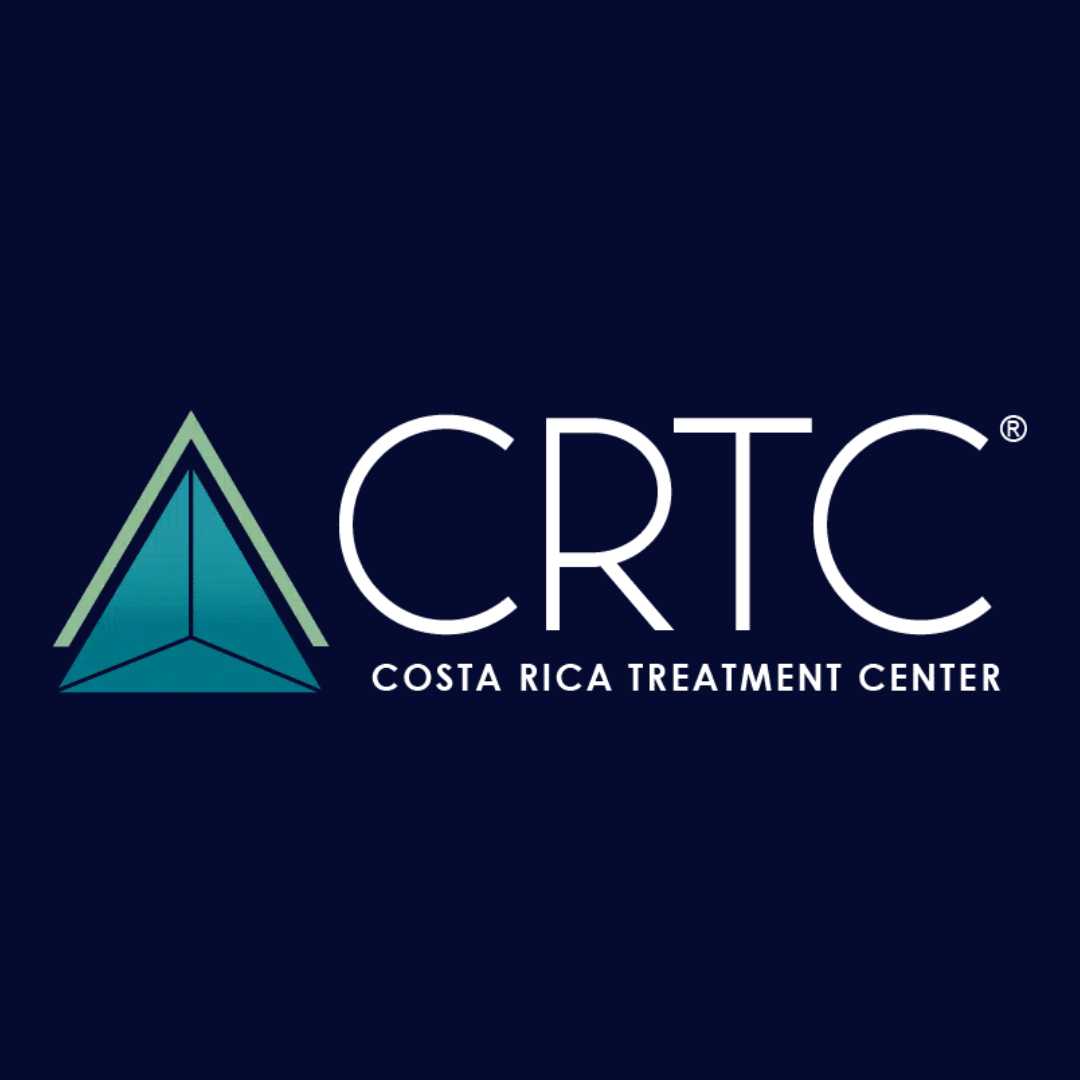
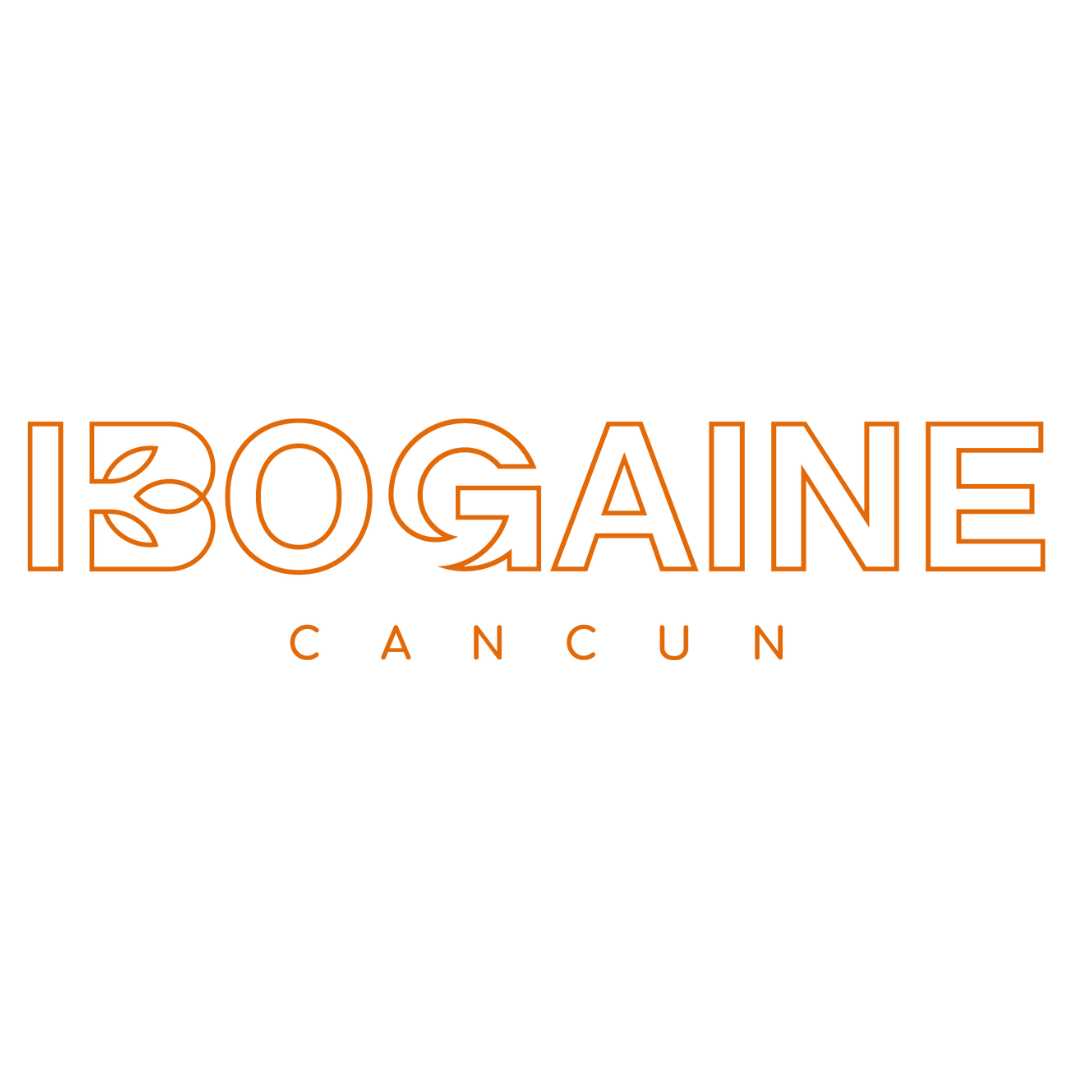
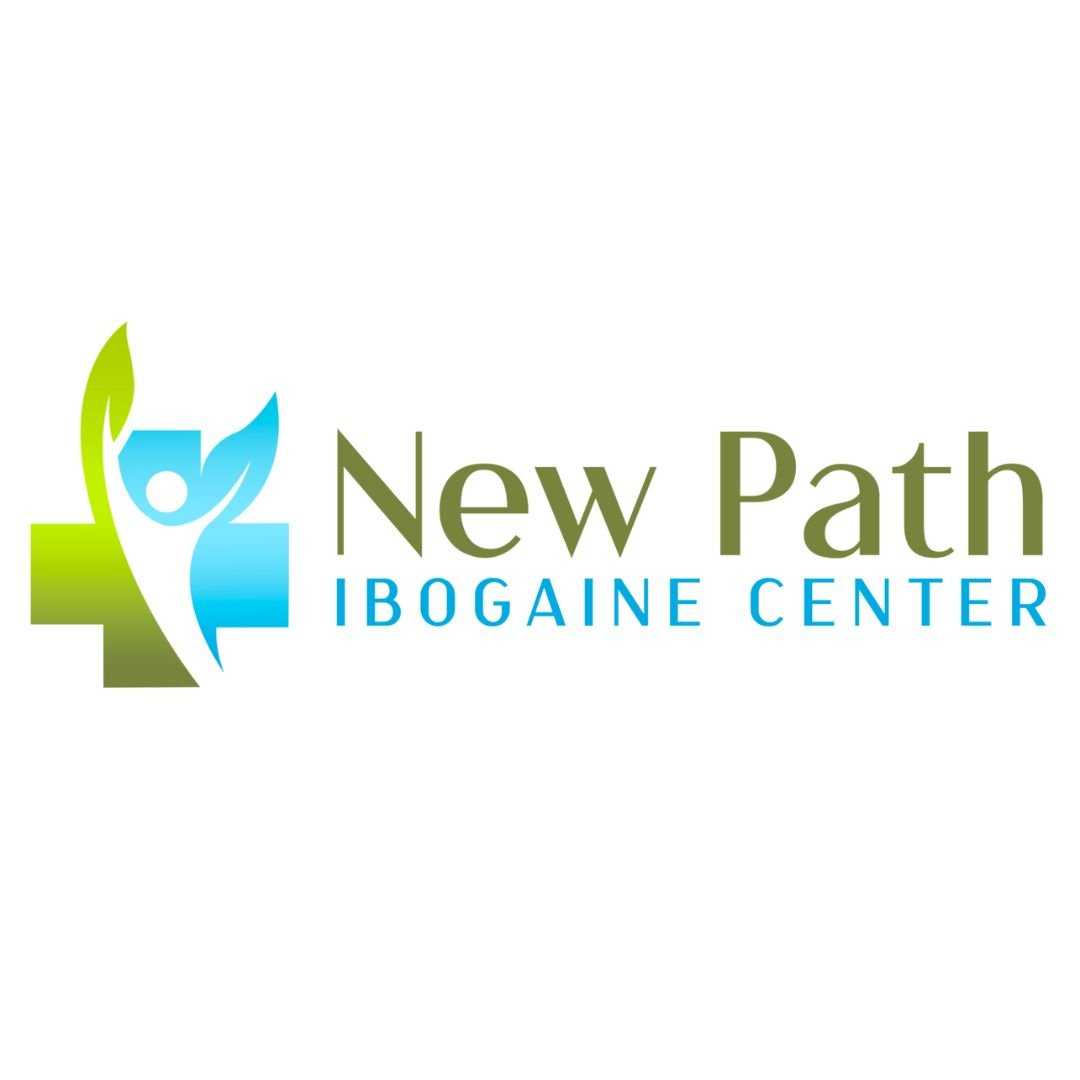

Share this listing